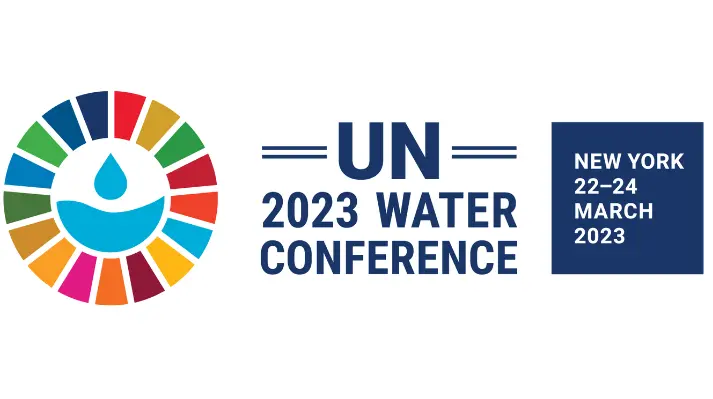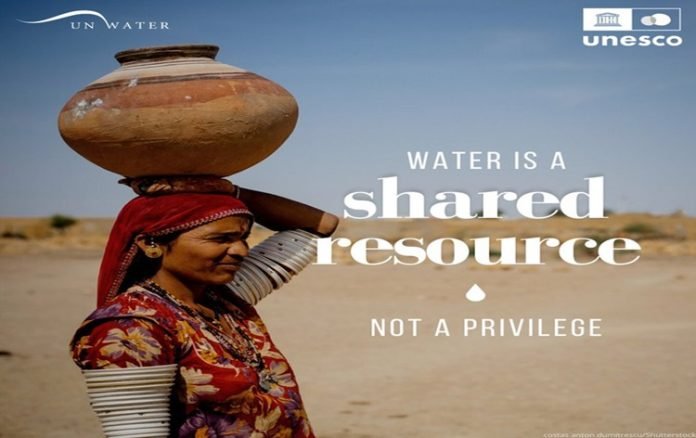26% of World’s Population Does Not Have Safe Drinking Water: UNESCO Report
Unsafe drinking water is a persistent problem worldwide, with millions of people suffering from waterborne diseases every year. According to a new report by the United Nations Educational, Scientific and Cultural Organization (UNESCO), 26% of the world’s population does not have access to safe drinking water. This alarming statistic underlines the urgent need for action to ensure that everyone has access to clean water.
The report, titled “Water Security for All: Access, Availability, and Adaptation”, was released on World Water Day, which is celebrated annually on March 22. The report highlights the fact that water scarcity is a growing problem, with over 3 billion people affected by water scarcity for at least one month per year. In addition, the report notes that water availability is expected to decline in many regions due to climate change.
The report also emphasizes the need for governments and other stakeholders to prioritize water security, particularly in vulnerable communities. This includes investing in infrastructure to provide safe drinking water, improving water management practices, and protecting water resources from pollution and other threats.
Water security is a fundamental human right and is essential for achieving sustainable development. Access to safe drinking water is critical for the health and wellbeing of individuals and communities. In addition, water is essential for agriculture, industry, and energy production, making it a crucial resource for economic development.
Governments and other stakeholders must work together to ensure that everyone has access to clean and safe drinking water. This requires a concerted effort to invest in water infrastructure, improve water management practices, and protect water resources from pollution and other threats. By taking action now, we can ensure that future generations have access to this essential resource.

Why this News is Important:
Water security is a critical issue that affects people around the world. The new report by UNESCO highlights the urgent need for action to ensure that everyone has access to safe drinking water. The report underscores the fact that water scarcity is a growing problem, with millions of people affected by waterborne diseases every year. In addition, the report notes that water availability is expected to decline in many regions due to climate change. Therefore, it is important to understand the gravity of the situation and take appropriate measures to ensure that everyone has access to clean and safe drinking water.
Historical Context:
Access to safe drinking water is a basic human right recognized by the United Nations. In 2010, the UN General Assembly declared that safe and clean drinking water and sanitation is a human right essential to the full enjoyment of life and all other human rights. Despite this, millions of people around the world still lack access to safe drinking water, which is a major public health issue. In addition, climate change and other factors are exacerbating water scarcity, making it even more difficult for vulnerable communities to access this essential resource.
Key Takeaways from “26% of World’s Population Does Not Have Safe Drinking Water – UNESCO Report”:
| Serial No. | Key Takeaway |
|---|---|
| 1 | 26% of the world’s population does not have access to safe drinking water. |
| 2 | Over 3 billion people are affected by water scarcity for at least one month per year. |
| 3 | Water scarcity is expected to increase in many regions due to climate change. |
| 4 | Governments and other stakeholders must prioritize water security, particularly in vulnerable communities. |
| 5 | Investing in infrastructure to provide safe drinking water, improving water management practices and protecting water resources are some of the key steps to ensure water security. |
Important FAQs for Students from this News
Q. What percentage of the world’s population does not have access to safe drinking water, according to the UNESCO report?
- According to the UNESCO report, 26% of the world’s population does not have access to safe drinking water.
Q. What are the reasons behind the lack of safe drinking water in many parts of the world?
- The lack of safe drinking water in many parts of the world can be attributed to factors such as poor infrastructure, water scarcity, pollution, and climate change.
Q. How can individuals contribute to ensuring access to safe drinking water for all?
- Individuals can contribute by conserving water, reducing pollution, supporting organizations working towards providing clean water, and adopting sustainable practices.
Q. What are some of the health risks associated with consuming unsafe drinking water?
- Consuming unsafe drinking water can lead to diseases such as cholera, diarrhea, typhoid, and hepatitis A.
Q. What are some of the initiatives taken by governments and organizations to provide safe drinking water to all?
- Governments and organizations have undertaken initiatives such as building water treatment plants, providing access to clean water through pipelines and wells, and implementing policies to ensure water conservation and prevent pollution.
Some Important Current Affairs Links


